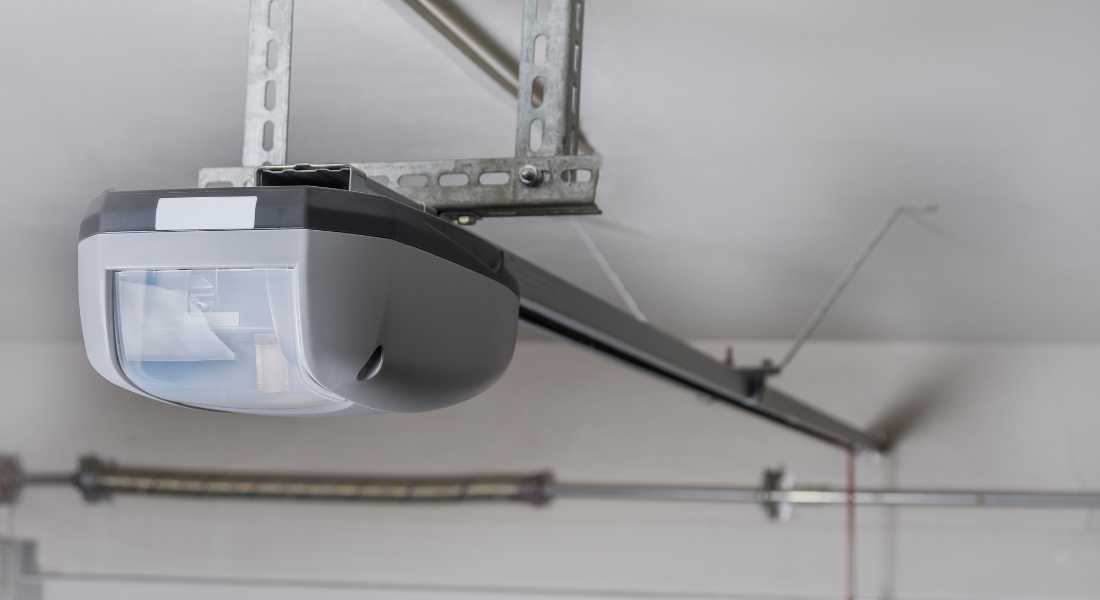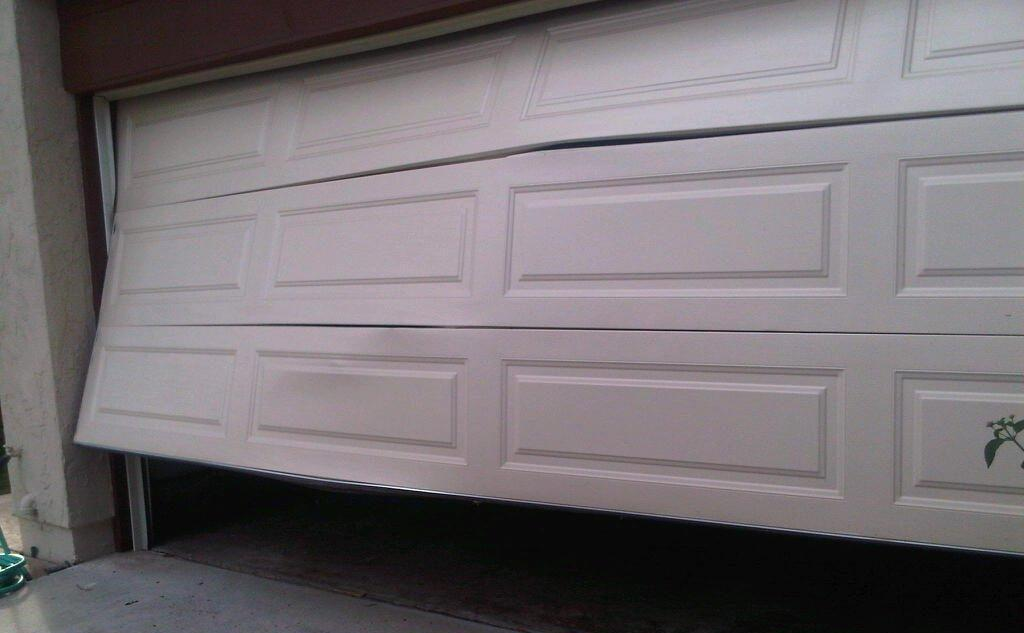Decoding the Different Garage Door Opener Types and Their Benefits:
Are you looking for the perfect opener for your garage door? Finding the best opener is essential for smooth and convenient operation. With various types and features available, it’s important to understand your options and make an informed decision. In this ultimate guide, we’ll walk you through everything you need to know about garage door openers, including different types, factors to consider when choosing one, installation steps, maintenance tips, and troubleshooting advice. Let’s dive in!
What is a Garage Door Opener?
Before we explore further, let’s clarify what a garage door opener is. Simply put, it’s a motorized device that opens and closes your garage door with ease. Instead of manually lifting the door, an opener automates the process, offering convenience and security. With a remote control or a smartphone app, you can effortlessly operate your garage door from a distance.
Types of Garage Door Openers
There are several types of garage door openers available, each with its own advantages and considerations. Let’s take a closer look at four common types:
1. Chain Drive Openers
Chain drive openers are the most common and affordable option. They use a metal chain to pull or push the door along a rail. While they are durable and reliable, they can be a bit noisy during operation.
2. Belt Drive Openers
If you prefer a quieter option, belt drive openers are a great choice. Instead of a chain, they use a reinforced rubber belt to move the door. They offer smooth and quiet operation, making them ideal for homes with bedrooms above or near the garage.
3. Screw Drive Openers
Screw drive openers utilize a threaded steel rod to move the door. They are known for their simplicity and require less maintenance compared to chain or belt drive openers. However, they can be slightly noisier and may not be suitable for areas with extreme temperature fluctuations.
4. Direct Drive Openers
Direct drive openers are the quietest and have fewer moving parts. They operate by moving the entire motor along a stationary chain embedded in a rail. This design reduces noise and provides reliable performance. While they may come at a higher price point, they offer excellent durability and low maintenance.
Factors to Consider When Choosing a Garage Door Opener
When selecting a garage door opener, there are several factors you should take into account. Consider the following aspects to ensure you find the best opener for your specific needs:
1. Noise Level
If noise is a concern for you, opt for a garage door opener that operates quietly. Belt drive and direct drive openers are known for their silent operation, making them suitable for homes where noise may be an issue.
2. Horsepower
The horsepower of a garage door opener determines its lifting capacity. Consider the weight and size of your garage door when selecting the appropriate horsepower. Lighter doors typically require ½ or ⅓ horsepower, while heavier doors may need ¾ or 1 horsepower.
3. Safety Features
Safety should be a top priority when choosing a garage door opener. Look for features such as automatic reversal, which causes the door to reverse if it encounters an obstruction. Additionally, consider openers with infrared sensors that detect objects or people in the door’s path and prevent accidents.
4. Remote Control Options
Convenience is key when it comes to operating your garage door. Ensure that the opener you choose comes with a reliable remote control that allows you to open and close the door from your vehicle or inside your home.
5. Connectivity and Smart Features
In the age of smart technology, many garage door openers offer connectivity options. Consider openers that can be controlled through smartphone apps, allowing you to monitor and operate your garage door remotely. Some models even integrate with virtual assistants like Alexa or Google Assistant for voice-controlled operation.
How to Install a Garage Door Opener
Now that you have a good understanding of the different types of openers and the factors to consider, let’s explore the installation process step by step:
1. Safety Precautions
Before you begin the installation, ensure your safety by disconnecting the power to the garage door opener and ensuring the door is properly secured.
2. Gather the Necessary Tools
Collect all the tools you’ll need for the installation, such as a drill, screwdriver, ladder, and wrenches. Refer to the manufacturer’s instructions for the specific tools required.
3. Assemble the Opener
Follow the instructions provided with your garage door opener to assemble the motor unit, rail, and other components. Ensure all connections are secure and properly tightened.
4. Attach the Opener to the Ceiling
With the help of a friend or family member, position the opener on the ceiling above the garage door. Use a ladder to access the necessary areas, and securely attach the opener using the provided brackets and fasteners.
5. Install the Rail and Trolley
Attach the rail to the opener according to the manufacturer’s instructions. Slide the trolley onto the rail, ensuring it moves smoothly along its length.
6. Connect the Door Arm and Opener
Attach the door arm to the trolley and connect it to the garage door. Adjust the arm’s length to ensure proper operation and engagement with the door.
Maintenance and Troubleshooting Tips
To ensure the longevity and optimal performance of your garage door opener, follow these maintenance tips and troubleshooting advice:
1. Lubrication
Regularly lubricate the moving parts of the opener, including the chain, belt, and screws. This reduces friction and ensures smooth operation.
2. Tightening Loose Parts
Periodically check for loose nuts, bolts, or screws and tighten them as needed. Loose parts can cause noise and affect the opener’s performance.
3. Replacing Batteries
If your garage door opener uses a remote control or keypad, replace the batteries as needed to ensure consistent operation.
4. Troubleshooting Common Issues
If you encounter any issues with your garage door opener, consult the manufacturer’s troubleshooting guide. Common problems include sensor misalignment, damaged cables, or issues with the opener’s programming. If necessary, contact a professional for assistance.
Choosing the right garage door opener is crucial for the smooth and convenient operation of your garage door. Consider factors such as noise level, horsepower, safety features, remote control options, and smart features when making your decision. Once you’ve selected the ideal opener, follow the installation steps carefully, and don’t forget to perform regular maintenance to keep it in optimal condition. With the right opener in place, you’ll enjoy hassle-free access to your garage for years to come.
FAQs
Q: Can I install a garage door opener myself?
A: Yes, with the proper tools and following the manufacturer’s instructions, installing a garage door opener is a manageable DIY project. However, if you’re unsure or uncomfortable with the process, it’s best to hire a professional installer.
Q: How long does it take to install a garage door opener?
A: The installation time can vary depending on factors such as your experience level and the complexity of the opener. On average, it may take around 4-6 hours to complete the installation.
Q: Can I use my existing garage door with a new opener?
A: In most cases, yes. Garage door openers are compatible with a wide range of garage doors. However, it’s important to ensure that your door is in good condition and properly balanced for optimal operation.
Q: How often should I perform maintenance on my garage door opener?
A: It’s recommended to perform basic maintenance tasks, such as lubrication and checking for loose parts, every six months. Additionally, keep an eye out for any unusual noises or issues and address them promptly.
Q: Are smart garage door openers secure?
A: Yes, reputable smart garage door openers come with advanced security features to protect against unauthorized access. These features often include encryption, secure wireless communication, and remote monitoring capabilities. However, it’s still essential to follow best practices for securing your home network and regularly updating your smart devices.





